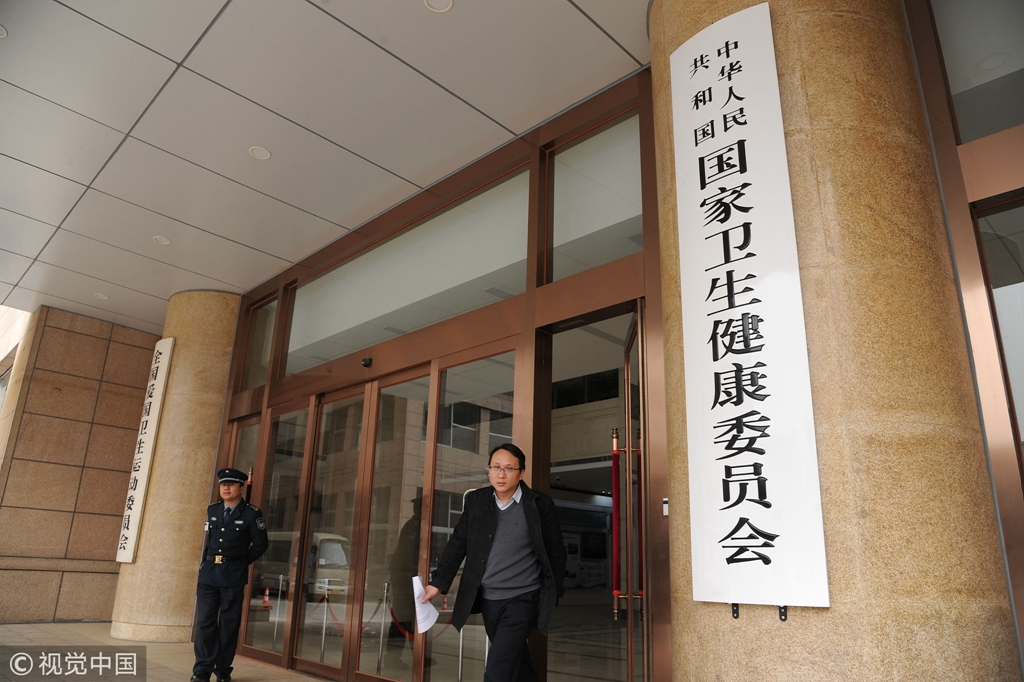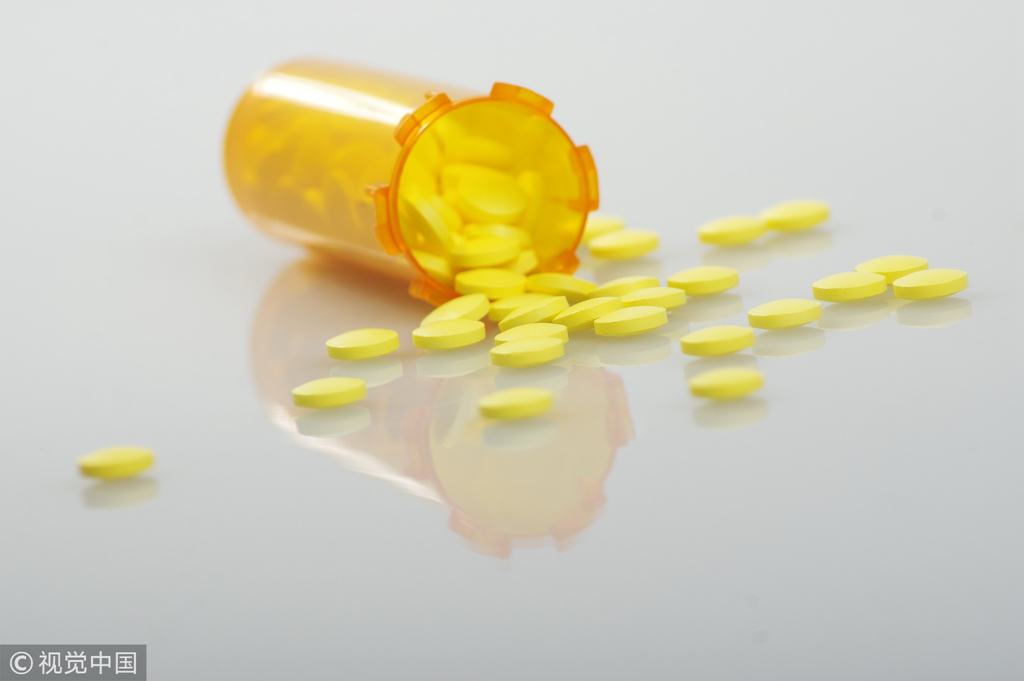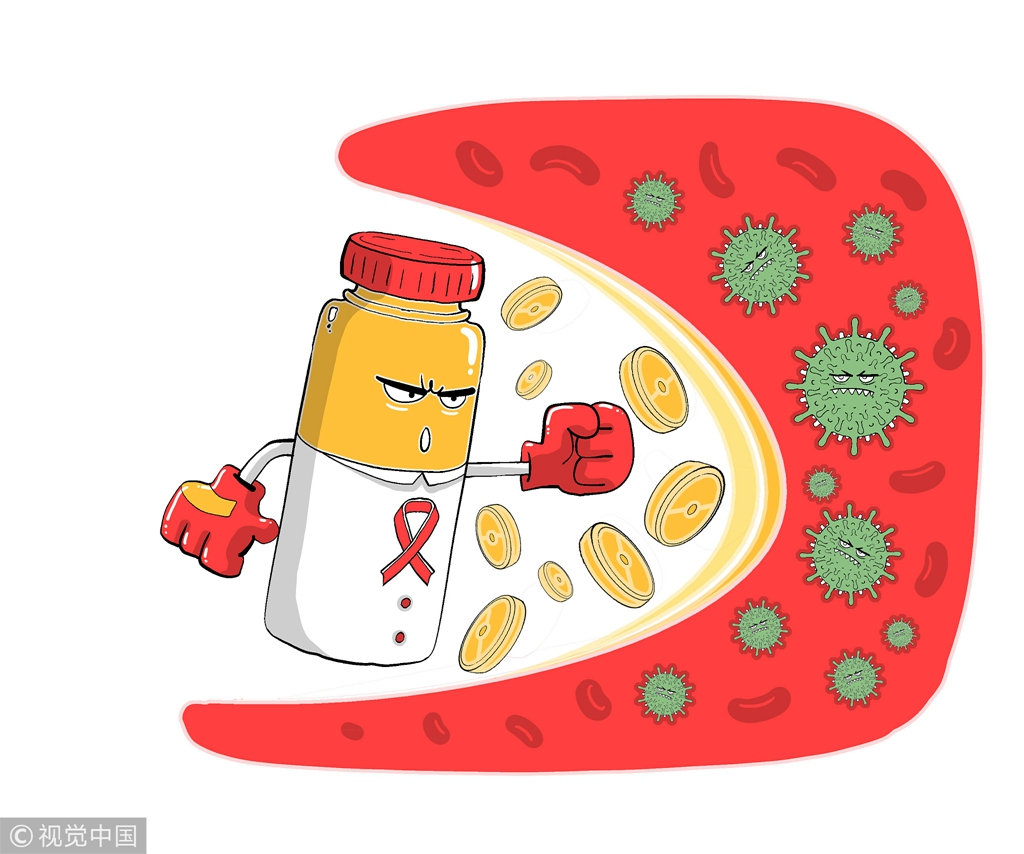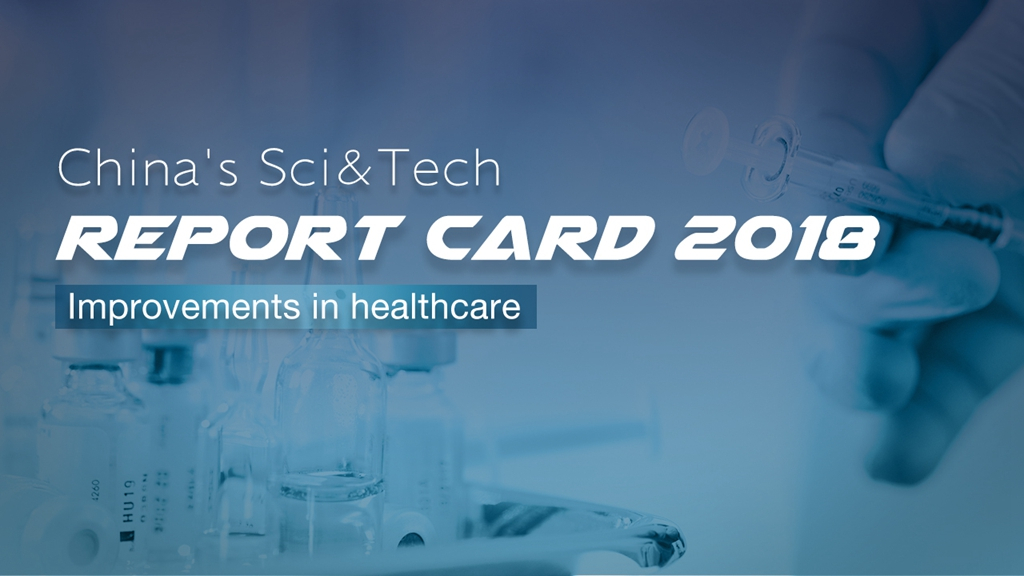Healthcare in China was significantly improved in 2018.
With the establishment of the National Health Commission and newly released drugs catalogs, the country provided more comprehensive health services for the Chinese people, and new policies on imported drugs and self-developed medicine could also benefit the patients.
The National Health Commission

This March, China replaced its National Health and Family Planning Commission with the National Health Commission. /VCG Photo
This March, China replaced its National Health and Family Planning Commission with the National Health Commission. /VCG Photo
This March, China replaced its National Health and Family Planning Commission with the National Health Commission. The move aims to promote the "Healthy China" initiative and ensure the delivery of comprehensive health services for the Chinese people.
The commission is responsible for formulating national health policies, coordinating and advancing medical and healthcare reform, establishing a national basic medicine system, supervising and administering public health, medicare and health emergencies, as well as family planning services.
The first marketed drugs catalogs
China released its first list of marketed medicine in January, with 131 types of medicine in 203 specifications, according to the China Food and Drug Administration (CFDA).
Called the China Marketed Drugs Catalogs, the list contains both generic and branded medicines, and specifies reference preparations, which offer research standards for generic medicines. It also records generic medicines that have equal curative effect with their branded originals, showing which branded medicines can be replaced with generic ones.
The list marks a milestone in generic medicine management, according to the CFDA.
Price of imported anti-cancer drugs slashed

China's National Health Commission announced the launch of a zero tariff on certain forms of imported anti-cancer medication on May 1, 2018, as part of efforts to reduce the treatment costs of cancer sufferers. /VCG Photo
China's National Health Commission announced the launch of a zero tariff on certain forms of imported anti-cancer medication on May 1, 2018, as part of efforts to reduce the treatment costs of cancer sufferers. /VCG Photo
Cancer has become a major health concern in China – there are about 4.3 million new patients each year. And the domestic anti-cancer drug market is valued at over 100 billion yuan (over 16 billion U.S. dollars), according to a 2017 report from the National Cancer Center. Foreign drugs take up almost half the market.
Cancer patients in China have seen their bills drop since May 1 after the government announced this March that tariffs on imported anti-cancer drugs would be scrapped as part of a set of measures to lower overall costs.
Chinese Premier Li Keqiang announced the “zero tariffs” initiative during the country's annual political sessions in April, after which he and other officials began publicizing in earnest the desire to significantly slash the prices of anti-cancer drugs.
Self-developed anti-HIV drug

China's home-made HIV treatment has been given marketing authorization in July by the China Food and Drug Administration and will be available for purchase soon. /VCG Photo
China's home-made HIV treatment has been given marketing authorization in July by the China Food and Drug Administration and will be available for purchase soon. /VCG Photo
China's home-made HIV treatment was given marketing authorization in July by the China Food and Drug Administration and will be available for purchase soon. It is the first anti-HIV drug that has been developed by China, which has always relied upon imported antiviral drugs before, according to CCTV.
Albuvirtide is a new long-acting, injectable drug that has been developed by Frontier Biotech research group, located in Nanjing, east China, and it will be marketed under the name Aikening.
The greatest advantage of the new drug is that "people with HIV/AIDS used to take several pills every day, but the new drug is a great change as it can be taken once a week," according to Zhao Jianzhong, an official from the drug approval center.
(With input from Xinhua and Global Times)





